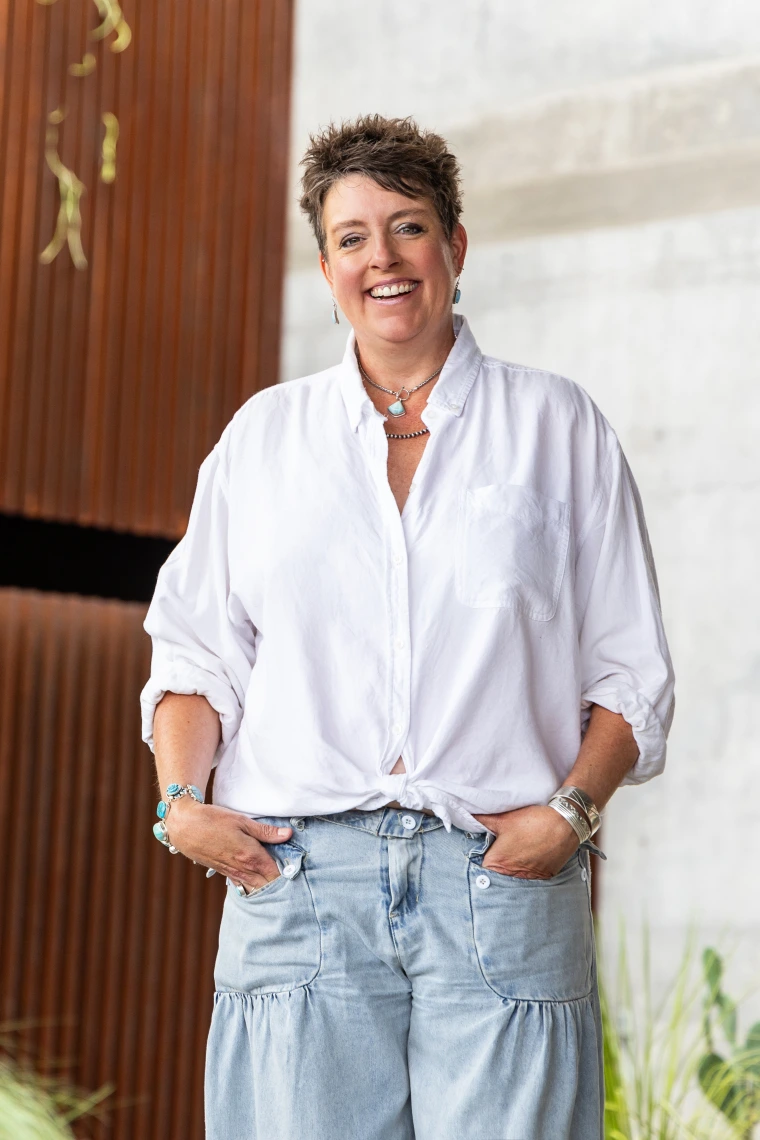Michelle Berry

Chávez 319F
Research Areas
I am an historian whose primary intellectual interests include environmental history, labor history, agricultural history, ecofeminism, political ecology, and animal studies. I also practice and teach feminist and radical pedagogy. In each of these, I am interested in understanding how power is constructed around gendered, racialized, naturalized, and classed categories. I define myself, professionally, as a teacher-scholar who encourages engagement in comparative study especially with regard to the connection between the cultural and the political.
I teach a wide variety of courses the History Department, and in each students will recognize common objectives - namely I want my students to leave the class having had an opportunity to absorb and practice a set of skills that I find to be important in understanding and maneuvering power relationships, justice, and governance in their own lives in the 21st century. These are the kinds of things I find myself pondering around a campfire when I'm away from my computer rejuvenating. After more than 25 years in the classroom, I have become convinced that empowering students to know how to read and write critically and think analytically is the greatest success I can have in my classroom. One can find a longer treatise on my approach to teaching in my book on the subject A Primer for Teaching Environmental History that was published by Duke University Press in 2018.
My current research projects include work on insects and in particular ants in comparative and cultural settings as well as research for a regional limited series podcast that centers the morethanhuman in historical stories. That podcast launched in Spring 2025 and can be accessed here. I am also writing a memoir on the power of queer ecology in my life and career.
I am a member of the Public History Collaborative, and in this role I strive to take academic history out of the university and into our southern Arizona communities, encourage experiential education for History students, and help support the public facing research and projects of my amazing colleagues in the UArizona History Department.
My monograph is Cow Talk: Work, Ecology, and Range Cattle Ranchers in the Postwar Mountain West (University of Oklahoma Press, 2023). It won the 2024 Theodore Saloutos Award for best book on US agricultural history from the Agricultural History Society. It is my primary and ground-breaking contention that cows are very, very important to the history of the US West and the world in general. The book focuses on how cows and the more-than-human environment drove human actions on cattle ranches in the US Mountain West in the postwar decades. The book also addresses the ways in which ranchers used ecological knowledge and connection with the more-than-human world to erase internal differences and division in their quest to remain one of the most powerful special interest groups in the United States. Fairly often in my classes we have a reading on the intersections between cows (or some other important animal) and whatever we are studying at the time. It works. I promise.
Degrees
- PhD, United States History, University of Arizona, 2007
- MA, University of Arizona 2000
- BA, History/Political Science with a Minor in Women's Studies, The Colorado College, 1995

